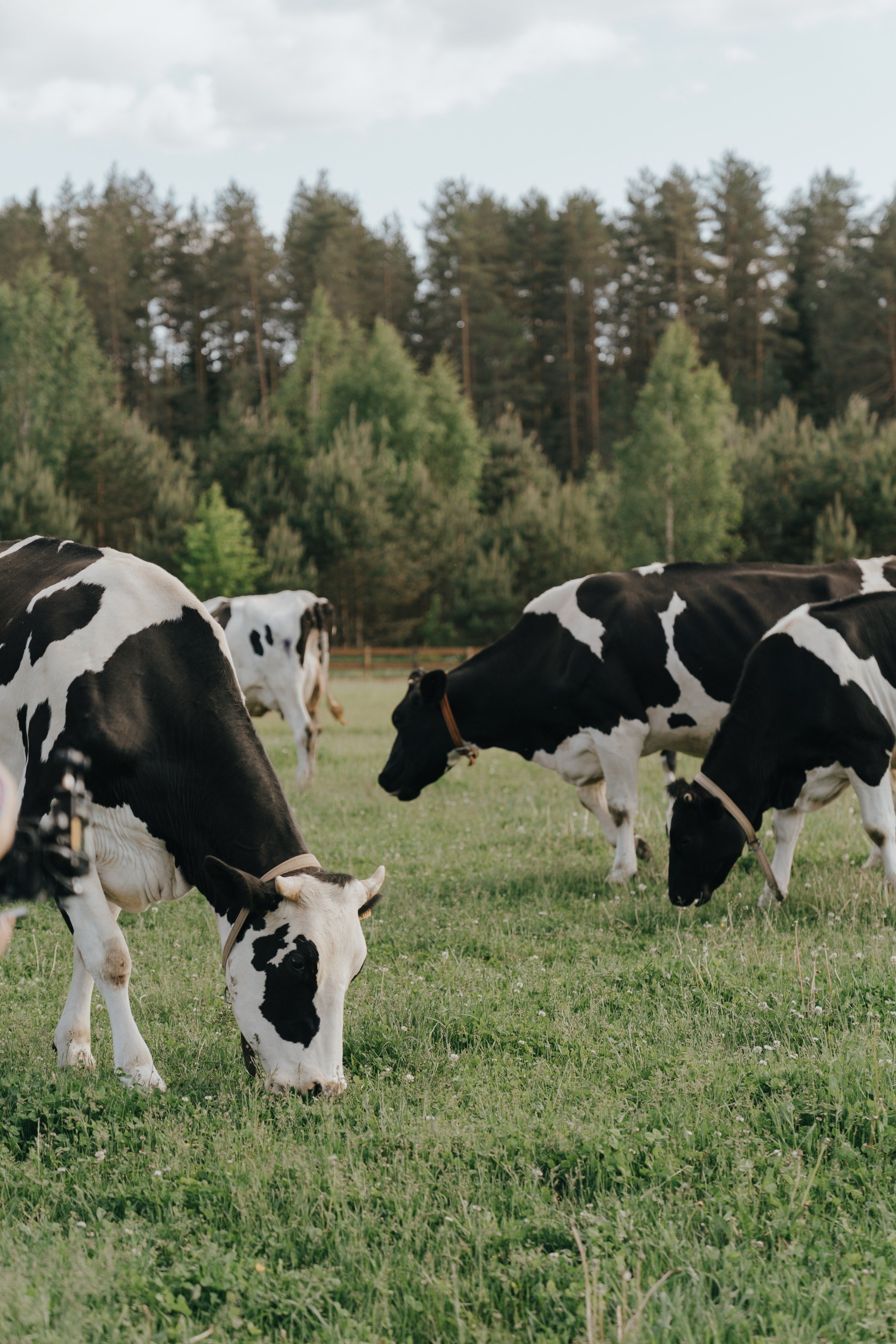Regenerative Agriculture

The health of the planet is currently under threat due to a range of human activities, including industrial agriculture practices or "monocrop" agriculture. These practices often lead to soil degradation, decreased biodiversity, and increased carbon emissions, all of which have a significant impact on the environment. However, there's a solution that is gaining traction: regenerative agriculture.
Regenerative agriculture is a farming method that focuses on building soil health and biodiversity, while also producing healthy food for people. This type of agriculture prioritizes the health of the soil, and works to improve it over time by using techniques such as crop rotation, cover cropping, and reduced tillage.
One of the key benefits of regenerative agriculture is that it can help to sequester carbon in the soil. This is important because carbon dioxide is a greenhouse gas that contributes to climate change. By increasing the amount of carbon stored in the soil, regenerative agriculture can help to mitigate climate change by reducing the amount of carbon dioxide in the atmosphere.
In addition to sequestering carbon, regenerative agriculture practices can also help to improve water quality and reduce erosion. By improving soil health, these practices can help to retain water in the soil, reducing runoff and erosion. This can have a significant impact on the health of rivers and streams, as well as the overall health of ecosystems.
Regenerative agriculture can also help to promote biodiversity by creating habitat for a range of plants and animals. This is because regenerative agriculture practices focus on creating a diverse ecosystem, which can support a range of species. This can help to support the health of pollinators such as bees, which are essential for many crops (save the bees, duh)!
Another important benefit of regenerative agriculture is that it can help to support rural communities. By prioritizing the health of the soil and the environment, regenerative agriculture can help to create a more sustainable and resilient food system. This can provide economic benefits to farmers, while also supporting the health of local communities.
Overall, regenerative agriculture practices are helping to save the health of the planet by improving soil health, reducing carbon emissions, promoting biodiversity, and supporting rural communities. By adopting these practices, we can work towards creating a more sustainable and resilient food system, while also protecting the environment for future generations.


